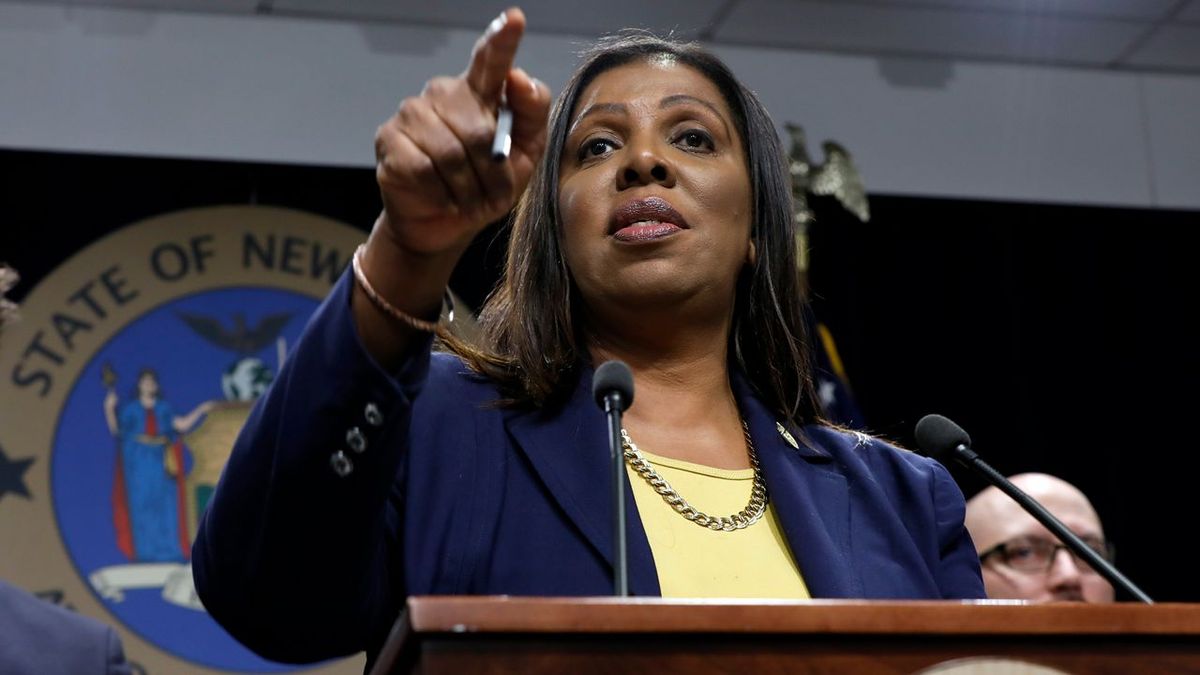The prestigious auction house Sotheby’s Inc. has agreed to pay $6.25 million to settle a New York State lawsuit accusing it of advising wealthy clients on how to evade taxes by falsely claiming they were purchasing artwork for resale purposes.
Here's ads banner inside a post
Background of the Lawsuit
New York Attorney General Letitia James announced the settlement in a statement on Thursday. She alleged that Sotheby’s employees, from 2010 to 2020, encouraged clients to file false resale claims, despite knowing that the artworks were intended for private collections or gifts.
“Sotheby’s deliberately broke the law to help its clients avoid millions in taxes, and now they’re paying the price,” James stated. “Every individual and business in New York is required to pay taxes. When the rules are broken, we all suffer.”
Legal Proceedings
The lawsuit, first filed in 2020, accused Sotheby’s of assisting a shipping executive in using a fraudulent resale certificate to dodge taxes. The case later expanded to include allegations involving seven additional collectors and numerous Sotheby’s employees, including members of its tax department.
Here's ads banner inside a post
The complaint claimed that Sotheby’s not only knowingly supported these fraudulent claims but also actively helped clients exploit loopholes to evade millions of dollars in taxes.
Sotheby’s Response
In an official statement, Sotheby’s denied any wrongdoing and emphasized its commitment to full compliance with tax laws.
“These allegations pertain to activities from many years ago — in some cases, over a decade — and Sotheby’s provided much of the evidence used by the Attorney General to reach a settlement with the taxpayer involved in the original complaint six years ago,” the company stated.
Here's ads banner inside a post
Legal and Financial Consequences
The $6.25 million settlement serves as a stark warning to other businesses, highlighting that even highly reputable companies are not exempt from legal accountability. The case also underscores the ethical and legal challenges facing the art auction industry, where transactions often involve vast sums of money and limited regulatory oversight.
Attorney General James stressed that this case isn’t just about financial losses but also about fairness. “When wealthy individuals and businesses evade taxes, the burden shifts to working families,” she said.
The Importance of Compliance
This case highlights the need for strict adherence to tax laws in high-value financial and art transactions. It also demonstrates that authorities are increasingly scrutinizing and taking action against fraudulent practices, even when they involve renowned organizations.
For Sotheby’s, one of the world’s largest auction houses, the settlement represents not only a significant financial cost but also a potential blow to its longstanding reputation. While the company avoided admitting guilt, the substantial settlement indicates its effort to avoid prolonged litigation and further damage.
The lawsuit against Sotheby’s is more than a legal dispute; it’s a reminder that no individual or organization is above the law, regardless of their wealth or stature.
Although the settlement has been reached, the case serves as a profound lesson for the art and financial industries about the importance of ethical and legal responsibilities. As Sotheby’s pledges to comply with regulations, the public and regulatory authorities will continue to monitor closely to ensure that such practices do not recur.

